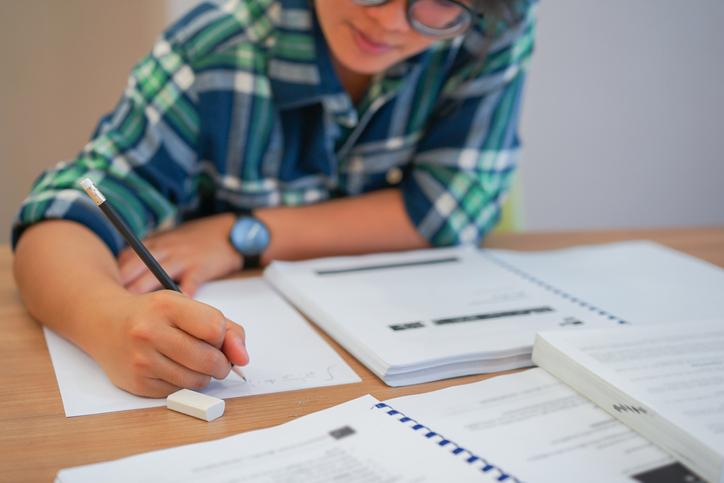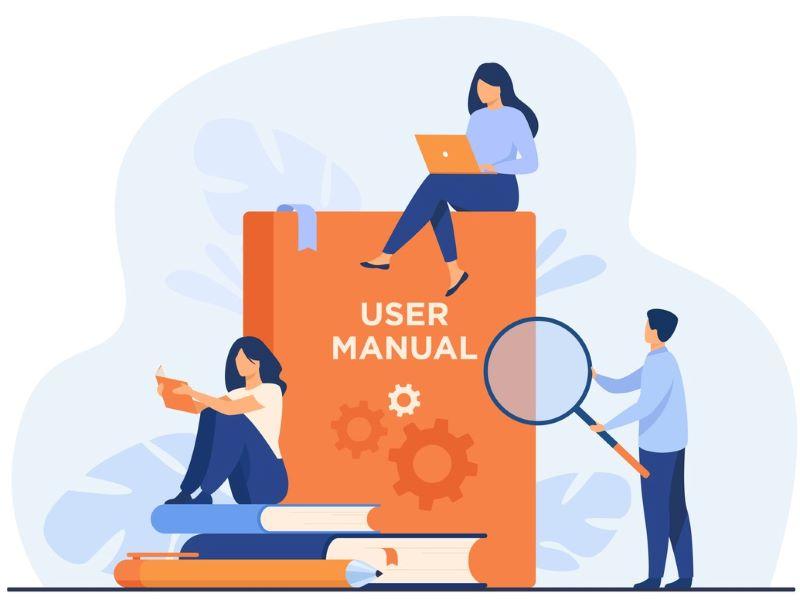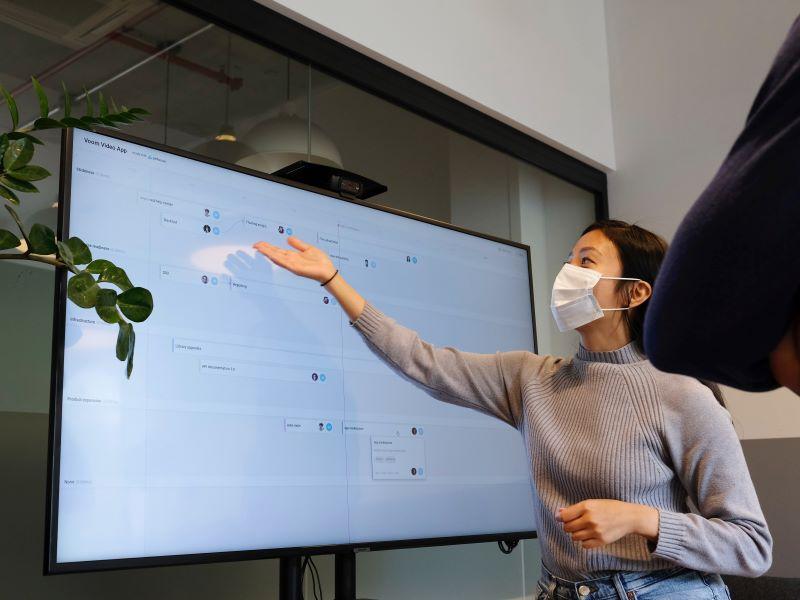Feedback is a critical element of the learning process. It helps students realise their strengths and weaknesses, develop critical thinking skills and engage with course material more profoundly. Providing effective feedback can foster a positive learning environment and increase student motivation. Here we offer practical advice for mastering the art of constructive and actionable feedback.
Establish clear learning goals
By setting out expectations clearly from the beginning, students understand the purpose of their assessments and this in turn will allow for more targeted feedback.
- Cut down your marking time by using whole-class feedback
- How consensus grading can help build a generation of critical thinkers
- These are the best practices and most common mistakes in learning assessment
Start by outlining the key learning objectives for each course, including the skills and knowledge students are expected to acquire. Provide students with explicit assessment criteria and grading rubrics – and make sure they comprehend the expectations against which their work will be evaluated.
Also, encourage students to set personal learning objectives. This will help nurture a sense of ownership and accountability for their progress in them. Ask them to test their ability and understanding by answering given tutorial questions before consulting their solutions and offer timely feedback
Maximise the impact of your feedback by providing it consistently and in a timely manner. Students are then more likely to implement the insights to their work.
Aim to return graded assignments and exams quickly, so your students have enough time to review and reflect on the feedback. Offer regular feedback opportunities – in-class activities, exams, coursework and outlines of larger projects can all be beneficial.
Make sure your feedback is relevant to the course material and learning objectives. Students have to make connections between the feedback and their overall objectives.
Consider both strengths and weaknesses
It’s important to highlight your students’ strengths – but, equally, noting areas for improvement in a constructive way is crucial for development and learning.
Make sure to recognise and praise your students’ accomplishments, reinforcing positive behaviour and encouraging motivation. But also identify specific areas where students can improve and provide suggestions for overcoming those obstacles.
When students consider both their strengths and the areas where improvement is needed, they develop a growth mindset and learn self-awareness. Students with creative and out-of-the-box thinking might initially be hesitant in openly sharing their ideas, but encouraging them to do so would result in a distinctive improvement in their performance.
Be specific
Students need clear instructions on how to improve. Use concrete examples from their work to illustrate your points, to help them understand the rationale behind your feedback. Provide specific recommendations, such as reorganising an essay, expanding an argument or conducting additional research, and avoid ambiguous comments. Where needed, signpost them to specific resources where they can find further guidance to improve the skillset highlighted in the feedback.
Foster a dialogue
Feedback is a two-way conversation and creating an environment in which students can self-evaluate will increase engagement and reflection.
Encourage students to ask questions about the feedback they’ve received. Seeking clarification will foster a deeper understanding of the subject matter and their performance. Having a follow-up session with students after providing them with formal feedback comments on an assessment is very effective in clarifying their questions about feedback, leading to desired improvements in future.
Students who have been given the opportunity to engage in self-assessment will develop critical thinking skills, as well as a sense of responsibility for their own learning. Peer evaluation activities, in which students provide and receive feedback from their peers, will help them acquire new perspectives on their work.
Tone is important
Your feedback’s tone can have a significant impact on students’ receptivity. Maintain a supportive, empathetic stance.
Recognise the effort students have put into their work and express faith in their ability to improve, and avoid excessively negative or critical language. Remember to keep cultural differences in mind and tailor your feedback to the needs of the individual student. Students new to research methodology often struggle with the concept of review of literature and the style of its write-up. Initial guidance done in a constructive way, which might vary from individual to individual, helps them progressively learn and develop this ability.
Provide extra support
Recommend pertinent course materials, manuals or supplementary readings to help students gain a deeper understanding of the topic or develop particular skills.
Some students might benefit from a referral to academic support students, such as tutoring, writing centres or study skills seminars.
Schedule one-on-one consultations (or encourage students to attend during your office hours) to discuss feedback and develop ways to improve.
Monitor progress and modify if necessary
Your feedback will be more effective and relevant if you regularly monitor the progress of your students – and alter your feedback strategies accordingly. Tracking students’ improvements, growth areas and ongoing challenges over time will allow you to evaluate the efficacy of your feedback strategies. The use of formative assessments at the early and middle stages of a course delivery helps in tracking students ongoing understanding and performance, and therefore helps in implementing any change strategies in time if required. It also builds their confidence towards summative assessments.
If your students are not progressing as desired, consider making changes to your approach. Regular student feedback on your feedback can be helpful here.
Share your own relationship with feedback
By describing your own experiences with feedback and how it’s helped you as a lecturer and researcher, you can cultivate a culture of continuous learning and improvement. Encourage students to view feedback as an opportunity for growth, instead of a measure of their value or skill.
Demonstrate your dedication to ongoing professional development by soliciting feedback from colleagues and students on your teaching and research methods.
By putting these techniques into practice, lecturers and researchers can master the art of effective feedback. Laying a strong foundation of assessment will allow academics to build a more engaged, motivated and successful learning environment for the development of their students.
Ibham Veza is a lecturer at the mechanical engineering department at Universiti Teknologi Petronas. Imran Qureshi is the head of engineering at University of Birmingham Dubai.
If you would like advice and insight from academics and university staff delivered direct to your inbox each week, sign up for the Campus newsletter.




comment